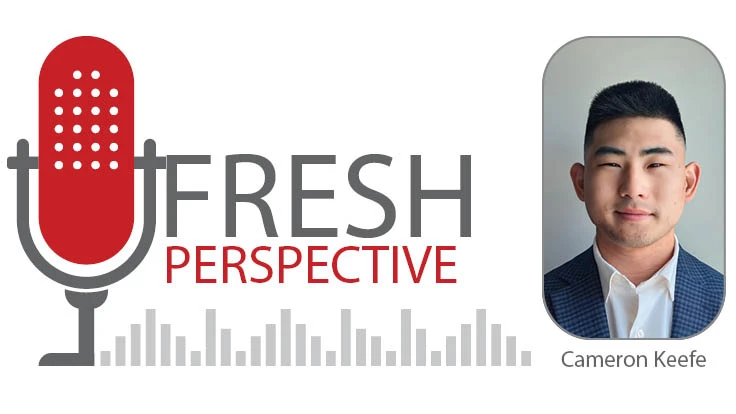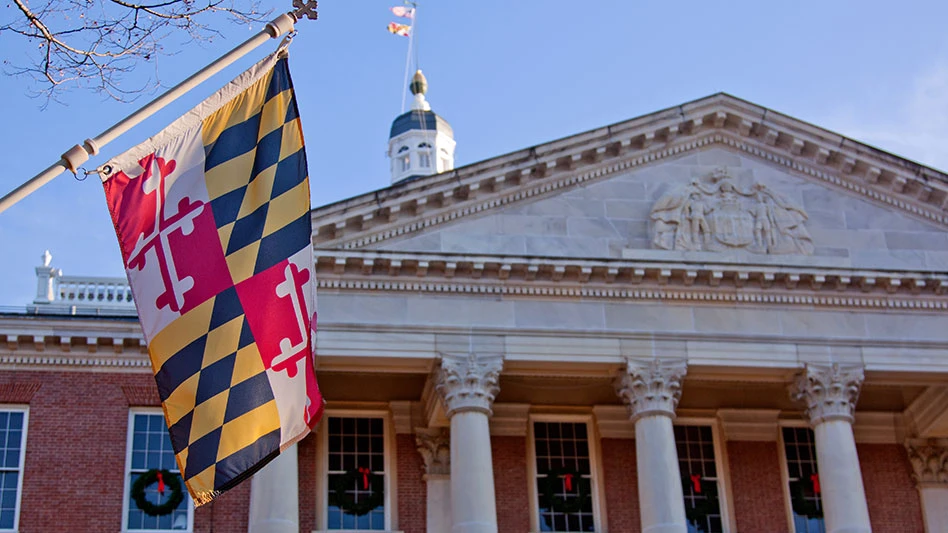There has been a great deal of debate over the past few years about the viability of municipal recycling, with proponents on both sides offering some valid arguments. But looking at the long term, a more valuable debate would be on the question of how to create a sustainable materials economy, both in the United States and in the world.
Forward-looking recyclers at the National Recycling Coalition’s annual Congress in Orlando this past September took on some of these issues in their discussions about the next wave of recycling. Two areas that received a lot of attention were eliminating subsidies for virgin materials and encouraging demand-side initiatives.
One particularly interesting speaker at NRC was Ralph Degenero, executive director of Taypayers for Common Sense, Washington, a bipartisan initiative chaired by William Proxmire with the goal of eliminating wasteful federal subsidies.
The two subsidies that most interest recyclers are the 1892 Mining Act, which allows for mining land to be sold at what was market price in 1892 but is now ridiculously low compared to current market prices, and Forest Service practices that allow federal timber also to be sold well below current market prices. These subsidies waste millions of dollars annually of taxpayers’ money and essentially constitute a competitive advantage for virgin resources over recycled materials.
"We need a level playing field – these subsidies are out of date," said Degenero. "We need a system where tax dollars are used efficiently and the minerals, trees, and land owned by taxpayers are managed well and sold at market prices only."
The need to continue developing stronger markets for recycled products was also a hot topic at NRC. Recyclers cited programs such as America Recycles Day and buy recycled initiatives as two good places to start. More controversial questions discussed included setting goals of zero waste, designing products with recycling in mind and requiring some degree of producer responsibility.
All of these issues need to be debated and explored in the coming years. But even more importantly, recyclers should do everything possible to shift public debate from "should we have municipal recycling?" to "how can we develop a sustainable materials economy over the long term?"
After more than five interesting and exciting years with Recycling Today, I am leaving the magazine to pursue other interests. It has been wonderful getting to know the scrap metal industry, as well as learning more about municipal recycling. I wish all our readers the best of luck.
The editorial side of Recycling Today will now be in the capable hands of Bob Feigenbaum, who comes to the magazine after 14 years as editor-in-chief of Physician’s Management, a medical trade magazine.
Sponsored Content
Still relying on manual sorters?
Let AI do the heavy lifting. Waste Robotics delivers reliable, high-performance robots tailored for complex waste streams. They require minimal maintenance, are easy to operate, and are designed to boost your recovery rates. Smarter sorting starts with the right partner. Waste Expo Booth #1969 & REMA #2843
Click here to see our robots in action!Sponsored Content
Redefining Wire Processing Standards
In nonferrous wire and cable processing, SWEED balances proven performance with ongoing innovation. From standard systems to tailored solutions, we focus on efficient recovery and practical design. By continually refining our equipment and introducing new technology, we quietly shape the industry—one advancement at a time.
Sponsored Content
Redefining Wire Processing Standards
In nonferrous wire and cable processing, SWEED balances proven performance with ongoing innovation. From standard systems to tailored solutions, we focus on efficient recovery and practical design. By continually refining our equipment and introducing new technology, we quietly shape the industry—one advancement at a time.
Get curated news on YOUR industry.
Enter your email to receive our newsletters.

Explore the August 2001 Issue
Check out more from this issue and find your next story to read.
Latest from Recycling Today
- Plastics Recycling Conference 2025: Working toward their targets
- SWACO rolls out new commercial recycling and food waste programming
- Updated: Matalco to close Canton, Ohio, plant
- Metso launches electric Anode Weighing and Casting Machine
- Circular by Shapiro releases '5 for Five' sustainability series
- Graphic Packaging set to close Ohio CRB facility
- Ameripen voices support for Maryland EPR bill
- Maryland county expands curbside recycling to include electronics








